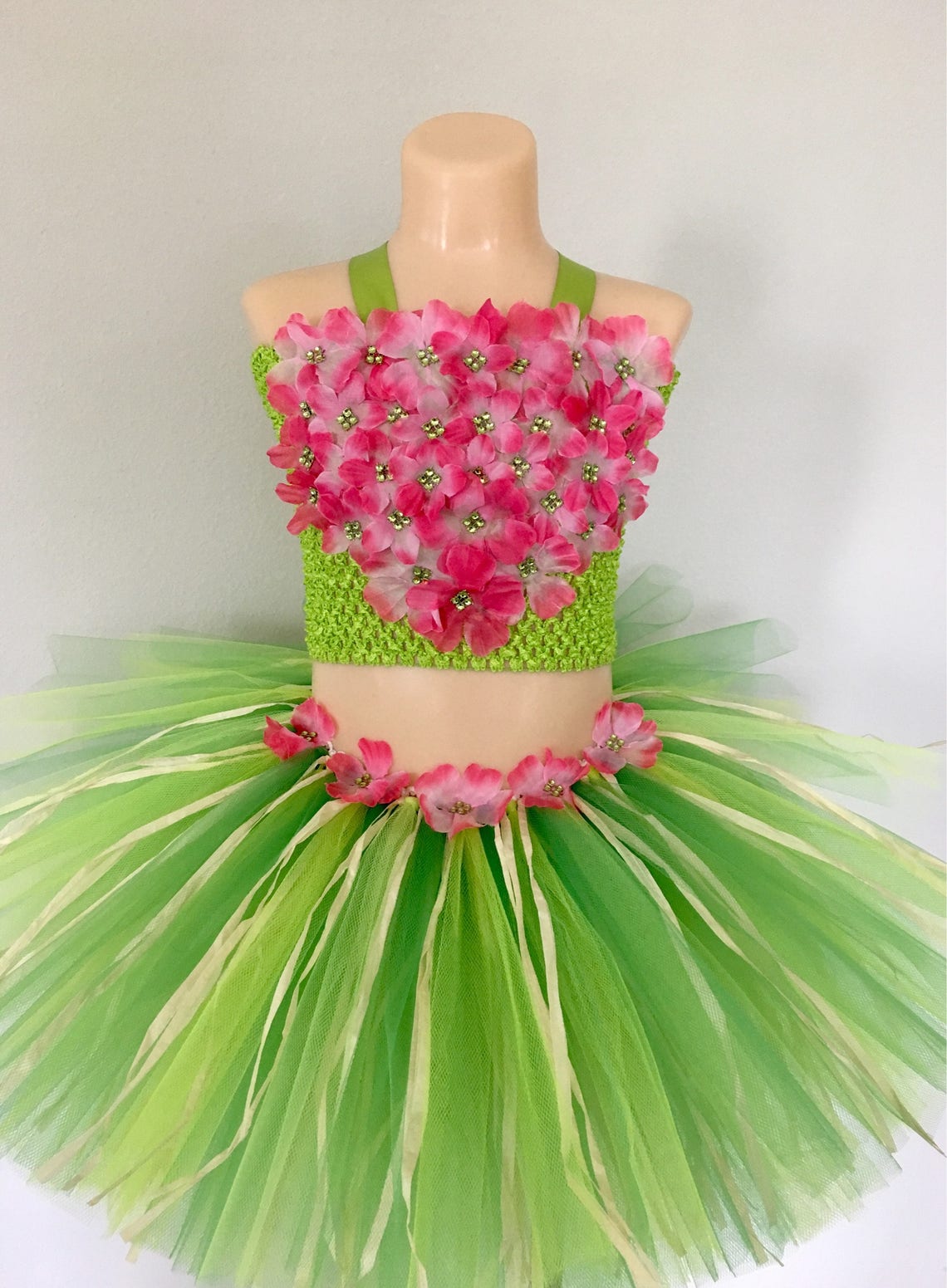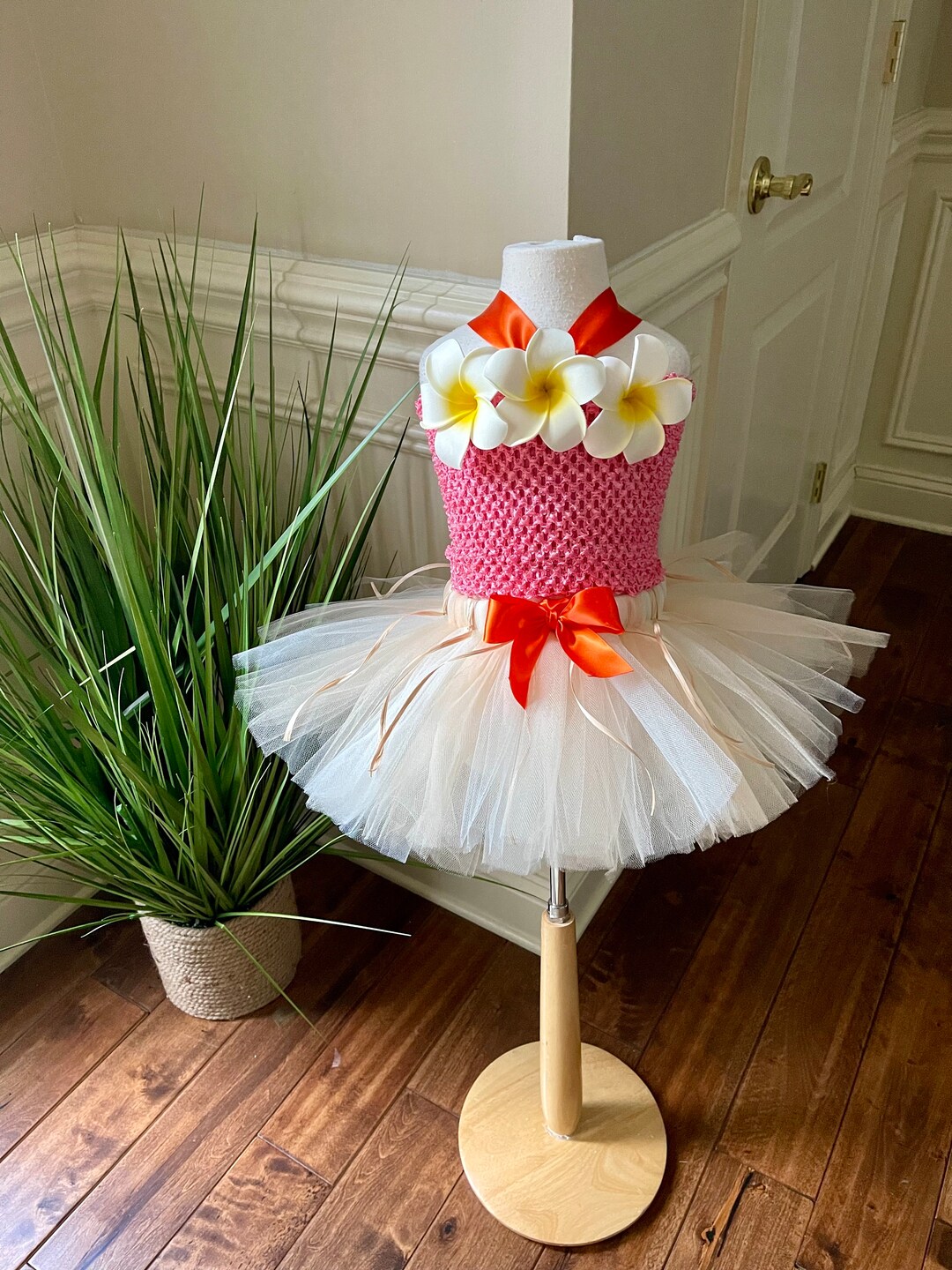Tutu In Hawaiian: Meaning, Pronunciation & Cultural Significance
Does a single word hold within it the echoes of a culture, the warmth of familial love, and the vibrant spirit of an island paradise? In the Hawaiian language, the answer is a resounding yes, and that word is "tutu."
The Hawaiian language, rich with nuance and history, offers a unique perspective on familial relationships, and "tutu" is a prime example of this. Beyond its straightforward translation, the word embodies a deep-seated respect for elders, a sense of belonging, and a unique expression of affection. While "tutu" is widely recognized as a term for "grandma," its significance extends far beyond a simple definition.
Hawaiian culture, known for its warmth and hospitality, has woven "tutu" into the fabric of everyday life. It's not just a word; it's a reflection of the values that bind families and communities together. From the gentle guidance of a grandmother to the shared stories around a family table, "tutu" is a symbol of love, wisdom, and enduring tradition. Exploring the various facets of this single word unveils a deeper appreciation for the Hawaiian way of life and its unique approach to cherishing its elders.
Beyond the immediate family circle, "tutu" is used with fondness and respect. It is a term of endearment, signifying a deep connection and affection. The cultural context enriches the meaning, highlighting the importance of family and the special role of grandmothers in the lives of their grandchildren. It's a testament to the enduring power of language to convey complex emotions and cultural values.
The term "tutu" isn't just a casual greeting; it reflects a cultural ethos of respect and appreciation. This deep-rooted reverence for elders is a defining characteristic of Hawaiian society, reflected in the language and customs. While the formal term for grandfather is "kuku kane," "tutu kane" is a more common and endearing way to refer to a grandpa. This affectionate usage underscores the intimate connection between generations.
In the spirit of genuine human connection, the word "tutu" encapsulates the Hawaiian way of life. It's an invitation to experience the warmth and hospitality that define the islands, a reminder to cherish the bonds of family, and a testament to the enduring power of love and respect.
To fully appreciate the breadth of "tutu," one must delve into its diverse meanings. From the traditional, where the word conjures images of a grandmothers loving care, to the more modern usage, the word continues to evolve. It is a term that bridges the past and present, keeping cultural heritage alive and thriving.
| Aspect | Details |
|---|---|
| Name | Roberta "Tutu Bert" Duteil |
| Born | January 10, 1923 |
| Known For | Dedication to helping the homeless and medically frail in Hawaii. |
| Key Contribution | Founder of "Tutu Bert's Medical Respite Homes," providing a supportive environment for recovery after hospital stays. |
| Affiliations | Institute for Human Services (IHS) |
| Legacy | Continued expansion of medical respite care for the houseless kupuna (elderly) in Hawaii. |
| Awards/Recognition | Celebrated her 101st birthday on January 10, 2023. Homes named in her honor. |
| Additional Information | The first Tutu Bert's Medical Respite Home opened in her honor. |
| Reference Link | Institute for Human Services |
The story of "tutu" is deeply intertwined with the history of Hawaii and its people. While the ancient legends may not explicitly mention "tutu" in its modern form, the concept of honoring elders has always been a fundamental aspect of Hawaiian culture. In ancient Hawaii, respect for elders was paramount, with elders often holding positions of authority and sharing their wisdom with the younger generations.
The arrival of new cultures and languages brought changes, and the contemporary usage of "tutu" reflects this evolution. The word embodies the continuity of traditions with the adoption of modern language nuances. It has seamlessly integrated itself into the everyday vocabulary of the islands, representing the enduring significance of family and the recognition of those who have come before.
Beyond its role as a term for grandma, "tutu" also encompasses other cultural references. The term is also found in various contexts, including names of local businesses like "Tutu's Hawaii 808," which underscore the value placed on family and genuine human connection.
In the vibrant tapestry of Hawaiian life, words have multiple layers of meaning. For instance, the concept of "aloha," as in "Aloha spirit," extends beyond a simple greeting. It encapsulates love, peace, and compassion ideals that guide the Hawaiian people.
While the Hawaiian language is evolving, the heart of it has remained constant. The "Hawaiian Pidgin," or Hawaiian slang, is a creative dialect that sprung from communication across many cultures. The spirit of these islands is truly conveyed by the words and customs.
The appreciation for the importance of family has also paved the way for the affectionate terms used. The concept of "brah," which is a common Hawaiian Pidgin term, means "brother," and often transcends biological ties, indicating close friendship and mutual respect.
The language is a living, breathing entity that reflects the dynamic culture of Hawaii. The word "tutu" resonates with the same warmth and compassion as "aloha."
Understanding the nuances of pronunciation and the significance of vowel sounds is key to mastering the Hawaiian language. Pronouncing "tutu" correctly requires patience and practice.
The word "tutu" has been immortalized in music. The documentary "Words, Earth & Aloha" features Aaron Mahi discussing the song "Tutu," and the songwriting of Queen Lili'uokalani. Another documentary, "Those Who Came Before," discusses the song and its special meaning to Eddie Kamae.
The legacy of "tutu" extends beyond the linguistic realm, as it has also become a symbol of care and compassion, demonstrated by organizations. "Tutu Bert's Medical Respite Homes," operated by the Institute for Human Services (IHS), provide vital care for medically fragile homeless individuals. Named in honor of Roberta "Tutu Bert" Duteil, these homes offer a safe space for recovery after hospital stays.
In the face of medical emergencies, such homes meet a specific need of individuals experiencing homelessness. In 2021, the fifth "Tutu Bert's house" was founded to assist houseless kupuna (elderly) in Hawaii.
The use of "tutu" underscores the importance of cultural sensitivity and the need to acknowledge the past in the present. It is a reflection of the community, and the expression of love and respect for the elders.
The word "tutu" is a testament to the enduring power of language, culture, and the human spirit. It is a word that brings the people of Hawaii together and shows warmth to everyone.
The concept of "tutu" also permeates the arts. Visual artists, such as Kristen Reyno of Lola Pilar Hawaii, have drawn inspiration from the theme for their work. These pieces reflect the appreciation for the culture.
| Feature | Details |
|---|---|
| Focus | Combining nature's finest ingredients with a variety of organic foods. |
| Offerings | Natural and organic foods. |
| Sourcing | All ingredients are grown in Hawaii. |
| Location | Unknown (based on provided information) |
| Concept | A store promoting healthy, locally sourced products. |
| Connection to "Tutu" | Implies a nurturing and wholesome environment, similar to the care of a grandmother (Tutu). |
| Potential Benefits | Supports local farmers, provides fresh, healthy food options. |
| Target Audience | Health-conscious consumers and those interested in supporting local businesses. |
| Reference | Based on provided text, information appears to be related to Tutu's Pantry. |
When visiting Hawaii, understanding local expressions adds to the experience. Whether it's learning how to pronounce "tutu," understanding the meaning of "aloha," or learning the "pidgin" terms, engaging with the culture and people can be very rewarding.
Whether in formal or informal settings, "tutu" conveys a sense of warmth, belonging, and deep respect for elders. It underscores the enduring spirit of the islands and the importance of familial connection in Hawaiian culture.



Detail Author:
- Name : Dr. Houston Schowalter MD
- Username : frempel
- Email : bechtelar.edyth@hotmail.com
- Birthdate : 1973-03-20
- Address : 775 Fidel Way Suite 263 Lake Rosemarie, IL 87723-1315
- Phone : (424) 290-4059
- Company : Schneider-Leannon
- Job : Vending Machine Servicer
- Bio : Impedit sit accusamus ut impedit. Mollitia ut nemo odio reprehenderit. Non laboriosam rerum facilis minima quia.
Socials
facebook:
- url : https://facebook.com/lhessel
- username : lhessel
- bio : Velit tenetur quaerat consequatur.
- followers : 6141
- following : 952
linkedin:
- url : https://linkedin.com/in/lhessel
- username : lhessel
- bio : Et dolores sint ut ex. Soluta non consequatur ea.
- followers : 943
- following : 2441
twitter:
- url : https://twitter.com/lhessel
- username : lhessel
- bio : Quam et saepe ullam amet enim dolorem. Architecto molestias voluptas hic culpa distinctio possimus. Natus omnis quibusdam et quisquam enim aspernatur.
- followers : 4412
- following : 1299